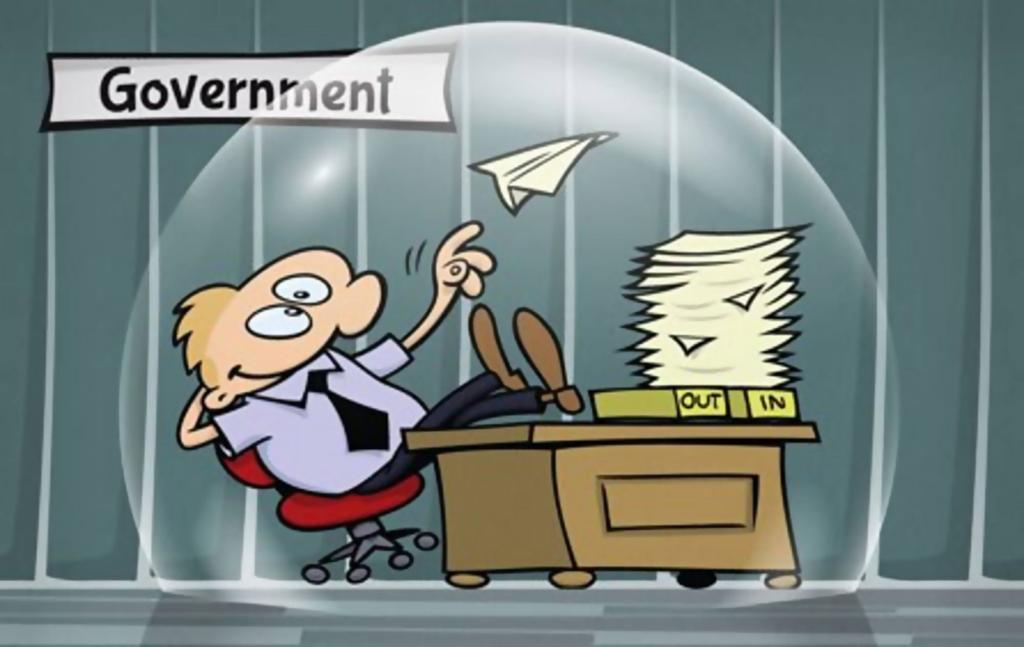The work-culture in public sector companies was infamous for being inefficient. Employees got timely appraisals without so much as making an effort for it. There was rampant corruption at all levels. Employees were not under any obligation to work because government jobs came with an assurance of employment till working age and pensions after it and to top it all, the promotions were doled out based on seniority alone. You spend a certain number of years in a rank and then get promoted to the next automatically. Fast forward to 2014 when the Modi government came to power and things started to change.
Modi government went on to change the ‘Babu culture’ and tried to bring accountability and transparency in the system. Therefore, the concept of ‘lateral entry’ of professionals was introduced for bureaucracy. Department of Personnel and Training (DoPT) is likely to introduce public grading and feedback related promotion for central government employees. Now the people will give grades to public sector employees based on their interaction with these officials, the grades an employee gets will play an important role in whether or not an employee gets promoted. Seventh Pay Commission has recommended feedback based promotion for ministries and departments where employees have direct interaction with employees. Feedback from public will have almost 80 percent weightage of government employees.
Prime Ministers’ Office (PMO) has emphasized to different ministries and departments to introduce performance linked promotion. DoPT accepted instructions by PMO and proposed to do the same by the next financial year. To assess the performance of the government employees, grading and feedback system will be implemented. The data of all public feedbacks will be recorded and will be evaluated at the time of promotions and the performance data will also be made available to the public. This will make the promotions meritocratic and transparent. The corruption and nepotism prevalent in the bureaucracy can be ended with the introduction of transparent feedback based promotion. Indian bureaucracy is among the most corrupt institutions in the world, senior officials ask for bribes or other favors to grant promotions. There are millions of instances where it was found that government employees prioritized personal gains over the public good.
There is a fundamental change in the working model of ministries too. Piyush Goyal led railway ministry is at the forefront of bringing ‘corporate work ethics’ in government jobs. Now, officials in the Railway ministry could be demoted or denied promotion if he/she does not perform. Their promotions can also be denied/delayed if they do not comply with the orders of postings in rural areas. “If an officer does not comply with his/her transfer-cum-promotion within the stipulated period, it may be treated to be a refusal for promotion and may render the officer liable for debarment from such promotion for a minimum period of one year,” said the railway board. Therefore, ‘perform or perish’ mantra has been well adopted for the government employees. The government has also introduced a productivity linked bonus (PLB) for non-gazetted employees to send the clear message that performance and performance alone will decide promotions.
The introduction of ‘corporate work ethics’ will make the government bureaucracy as efficient as private players. This will help the government compete with the private sector rather than being an obsolete, inefficient, old and irrelevant setup. The ‘lateral entry scheme’, performance linked bonus and feedback based promotion will make bureaucracy efficient and relevant.
